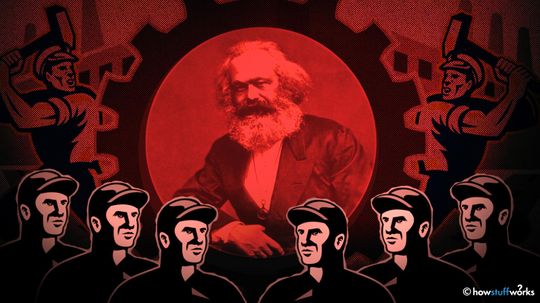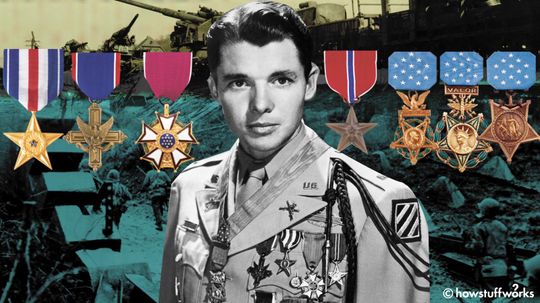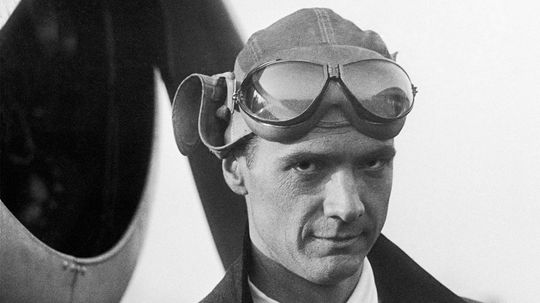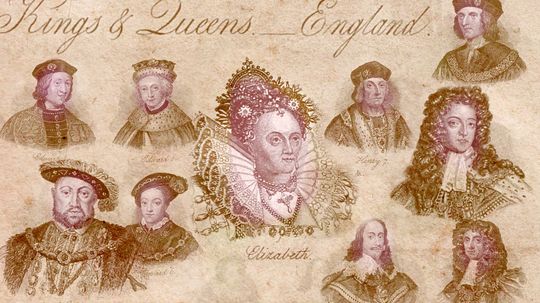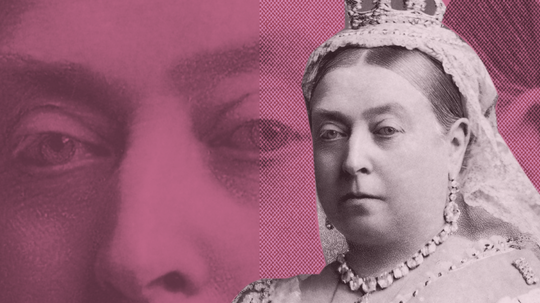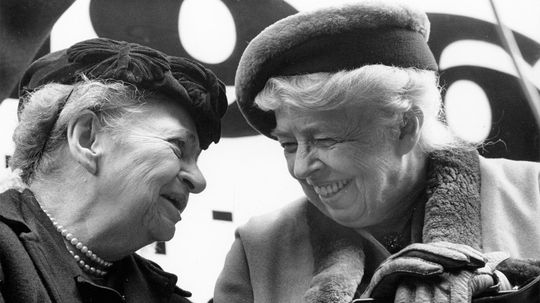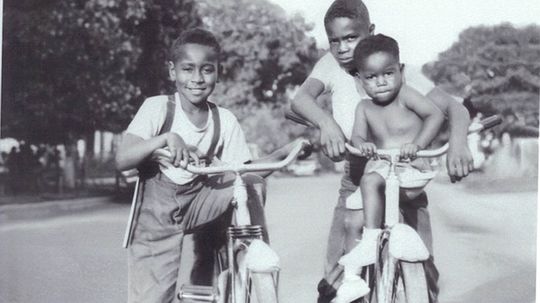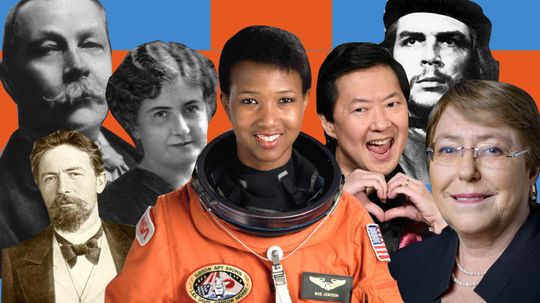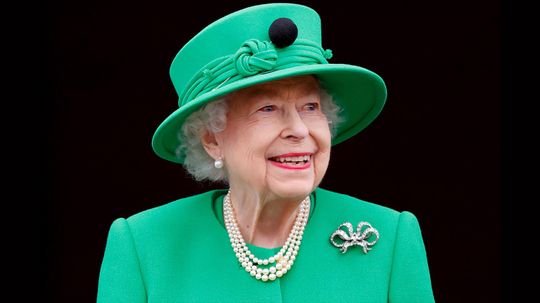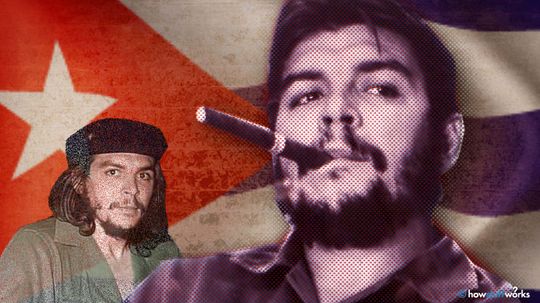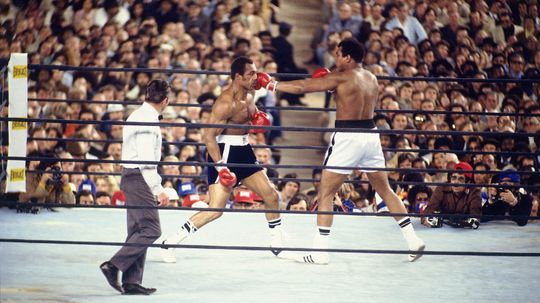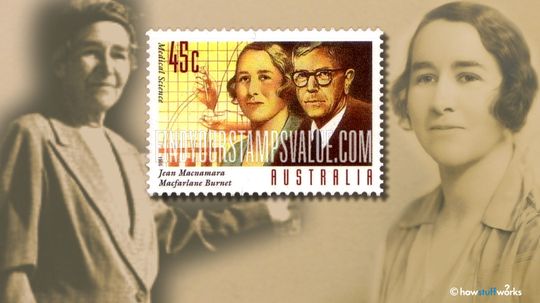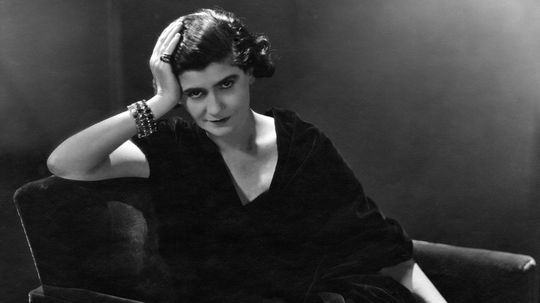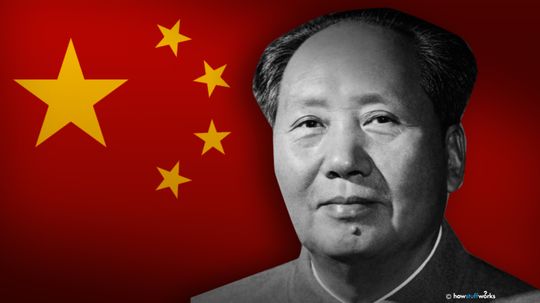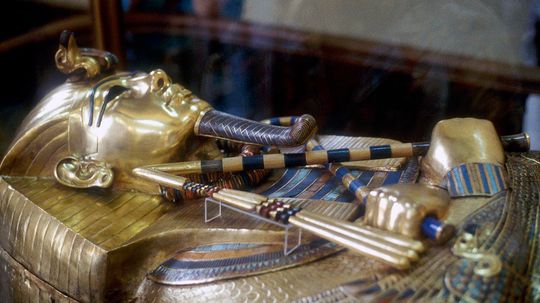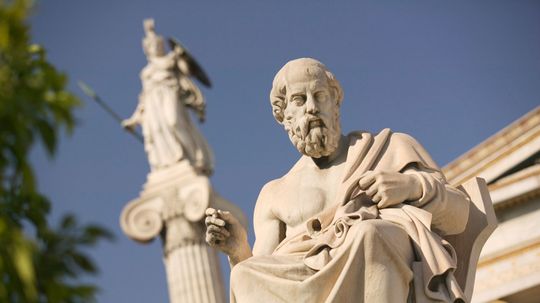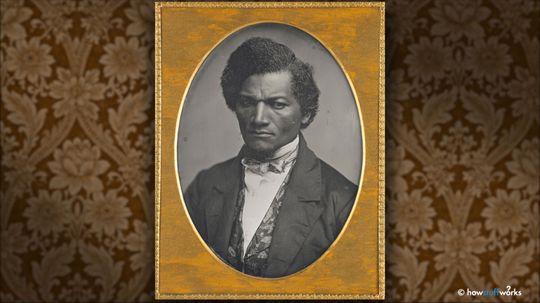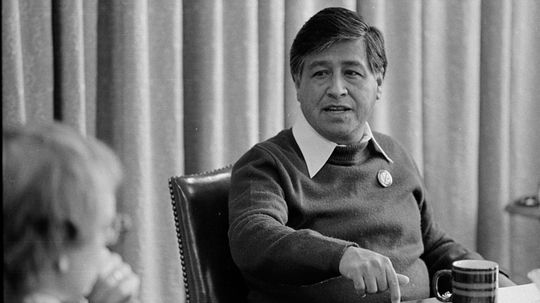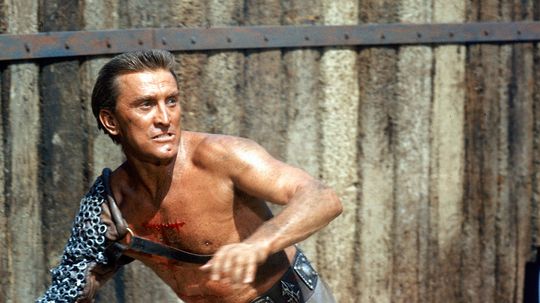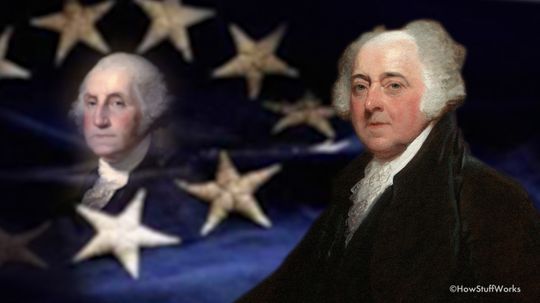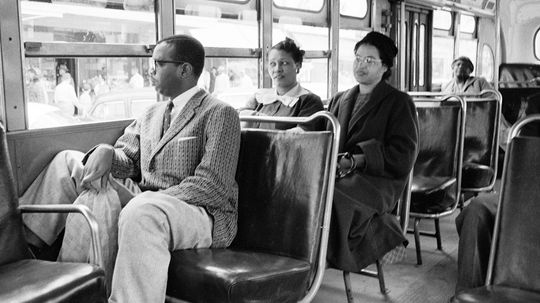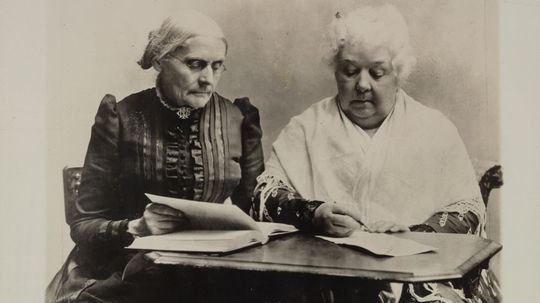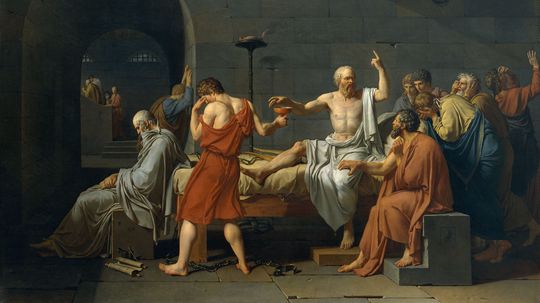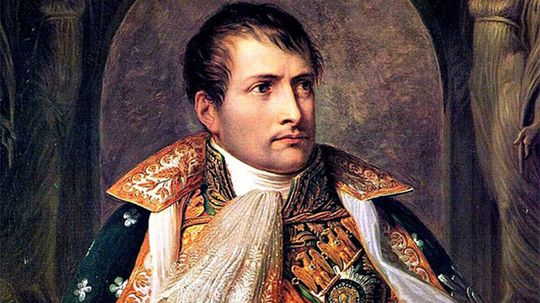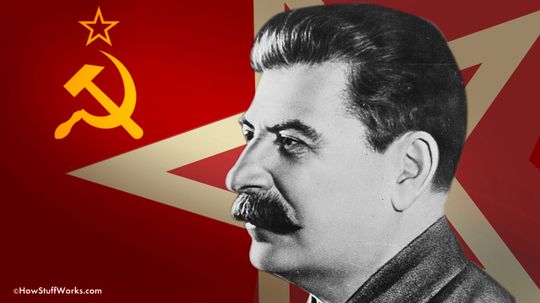Historical Figures
From Musketeers to Nazis, Archimedes to Harriet Tubman, these famous historical figures changed the course of history -- for better or worse.
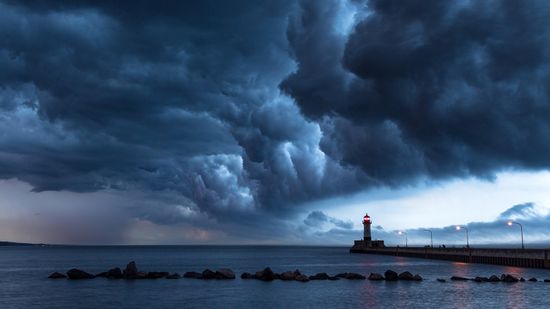
The SS Edmund Fitzgerald and a Fateful Night on Lake Superior

OceanGate: What Went Wrong and Why

What Happened to MH370, the Missing Malaysia Airlines Flight?

The Madden Curse Debate: NFL Legends Weigh In on the Phenomenon
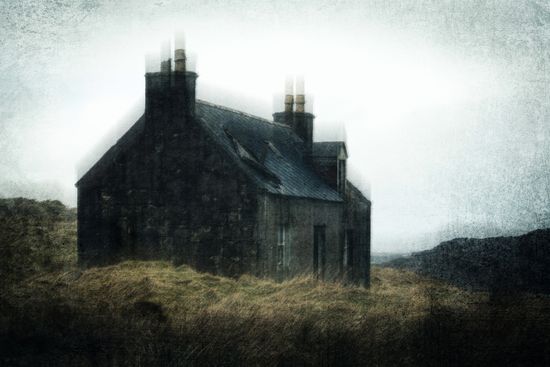
Most Haunted Places in the World: True Encounters and Tales
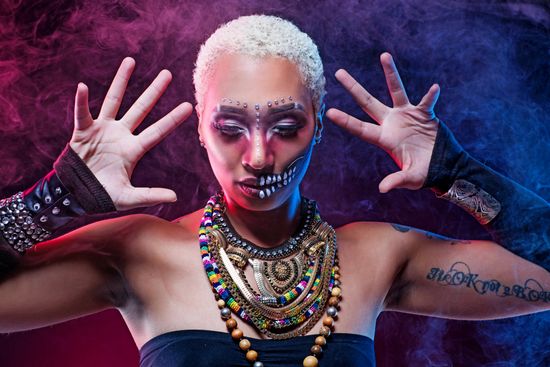
Is Santeria Considered Witchcraft? A Deep Dive into the Tradition
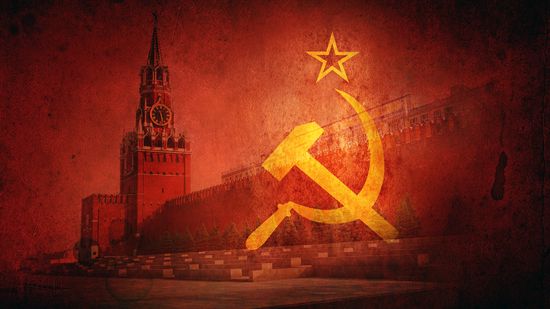
Why Did the USSR Fall? The Real Costs of Becoming a Superpower

Why Did the Berlin Wall Fall?

Why Did the Roman Empire Fall? Corruption, Inflation, and Division
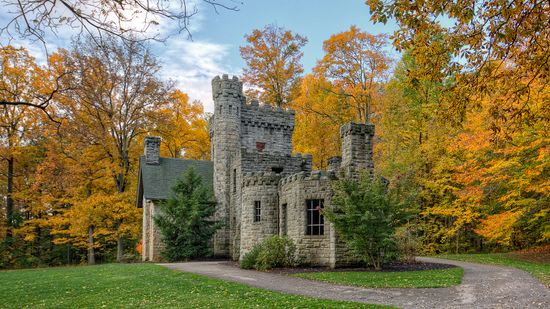
There Are Castles in Ohio? No Foolin'?

10 Least Diverse States in the U.S.
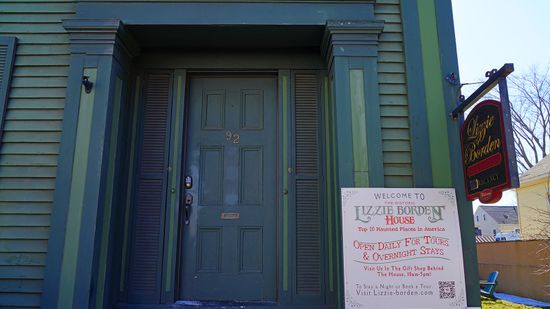
10 Most Haunted Places in America: Stanley Hotel, Queen Mary, and More
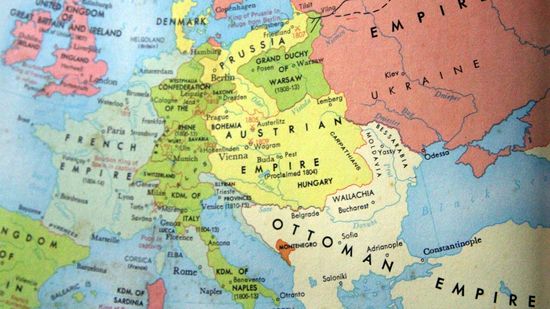
Why Did the Ottoman Empire Fall During the Industrial Revolution?
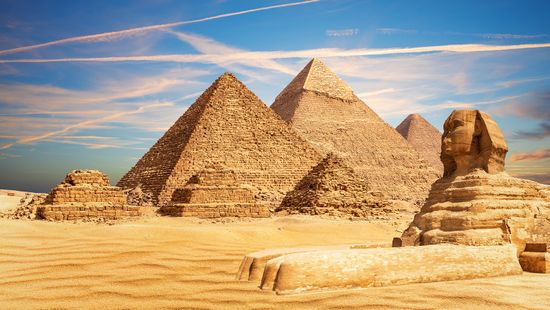
Why Did Ancient Egypt Fall When Rome Entered the Picture?
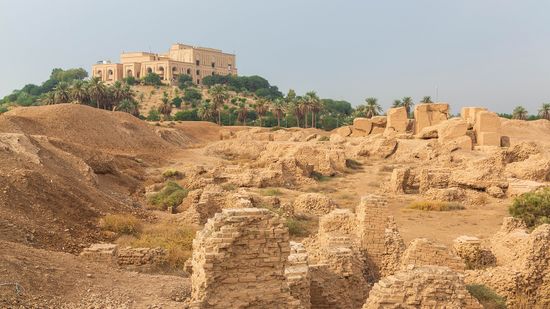
Why Did Babylon Fall? Lessons in History and Religion
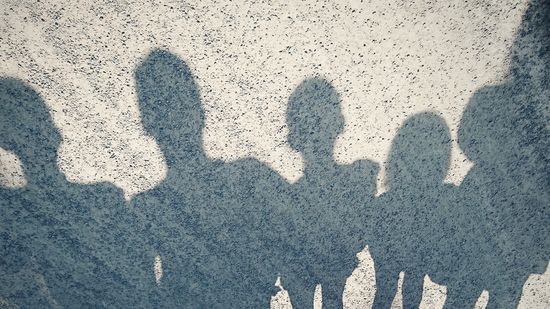
Hiroshima Shadows Preserve One of History's Darkest Moments
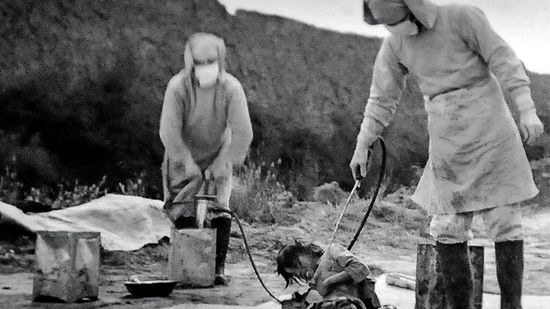
Unit 731: Inhumane Medical Experimentation During WWII
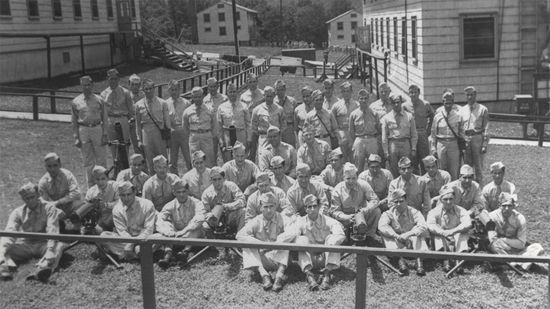
How the Ritchie Boys, Secret Refugee Infiltrators, Took on the Nazis
Learn More / Page 6
He famously co-authored The Communist Manifesto, which would be the basis for a new political movement. But to say he is only the Father of Communism sells Karl Marx short.
By John Donovan
America's most decorated World War II combat soldier Audie Murphy was considered a hero and Hollywood icon. But those labels came at a price that not even Murphy could pay.
By John Donovan
Howard Hughes was a man of great intelligence and wealth. He was also a man of mystery, secrecy and, ultimately, debilitating mental illness.
By Oisin Curran
Advertisement
Whether you love 'em or think they're irrelevant, there's no denying that commoners are and always have been fascinated by royalty. How well do you know these historic members of society's upper echelon?
By Alia Hoyt
The Victorian Age gets its reputation for uptight prudishness from her, but there was a lot more to Queen Victoria than you may know.
FDR's secretary of labor was responsible for the important social "safety net" programs that kept Americans afloat during the dark days of the Depression and that still serve as lifelines today.
Emmett Till's vicious kidnapping and lynching still stands out among the thousands of lynchings in the U.S. after the Civil War. What was it about his murder that made the world stand up and take notice?
By John Donovan
Advertisement
Earning a medical degree takes a lot of hard work, but sometimes destiny calls to other things. These folks abandoned their medical careers to get involved in other lines of work and make their names.
By Oisin Curran
Queen Elizabeth II was a beloved figure who was careful not to cross the line of convention. How much authority did she really wield during her historic reign?
By Dave Roos
Revolutionary Che Guevara has become the personification to all those who want to defy the establishment. But his full true story is one of a ruthless killer who died a sad, unceremonious death.
By John Donovan
He was cocky when it came to his boxing career but charitable when it came to his heart. We're talking of course about Muhammad Ali, whose legacy shines as brightly today as his left jab once stung opponents in the ring.
By Wendy Bowman
Advertisement
Dame Jean Macnamara's research helped eventually lead to the Salk vaccine for polio. Her lasting legacy as an advocate for people with disabilities still lives on today.
Coco Chanel is a symbol for fashion and feminism. She's credited with designing the little black dress and the Chanel suit, after all. But hanging in her closet were a few pretty big skeletons, too.
Chairman Mao is one of history's worst despots, having murdered millions of Chinese during his communist reign. So why is he also still revered by many in that country?
By John Donovan
Egyptian pharaoh Tutankhamun didn't make much of an impression in his time on Earth, even while he was king. But in the afterlife King Tut rules.
By John Donovan
Advertisement
The ingenious Greek, who started as a young devotee of Socrates, laid the groundwork for more than two millennia of philosophical thought. But what did he say that was so remarkable?
By Dave Roos
Frederick Douglass spent the first 15 years of his life as a slave but rose to become a famous orator and abolitionist - as well as the most photographed American of the 19th century.
By Alia Hoyt
Cesar Chavez was able to do something nobody before him could - organize abused farmworkers through nonviolent resistance. His work transformed their lives forever.
By John Donovan
He's been the subject of several movies and TV shows, but make no mistake, Spartacus was a real person who started a short-lived rebellion against the Roman Empire with lasting consequences.
Advertisement
John Adams was the first vice president of the United States, a role he thought was contrived and insignificant. But the VP function has changed, and Adams played a huge part in that. He also became the second president of the U.S.
By John Donovan
Rosa Parks didn't refuse to move from her bus seat because her feet were tired. "The only tired I was, was tired of giving in," she said. What else do we misunderstand about her legacy?
Susan B. Anthony's enduring legacy is for her tireless work for women's voting rights in the United States. But there's so much more to her story than just as a suffragette.
"The unexamined life," said Socrates, "is not worth living." So what was the life of this Athenian sage really like?
By Dave Roos
Advertisement
Statesman, military leader and Emperor of France, Napoleon Bonaparte was one of the most fascinating characters in European history and his height was the least of it.
By Dave Roos
Joseph Stalin ruled over the Soviet Union through force, fear mongering and absolute tyranny. His acts of cruelty made him one of the 20th century's worst dictators.
By John Donovan
